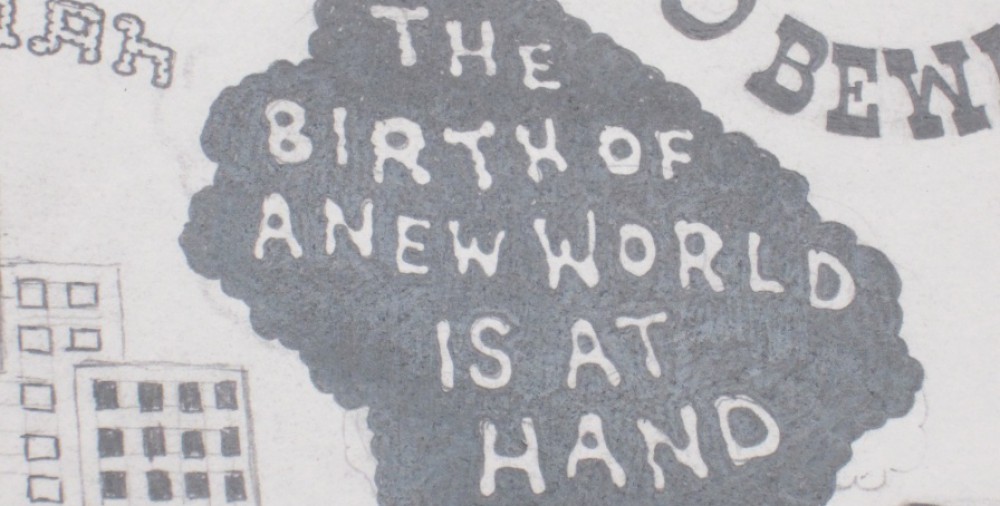The 1980 version of Brave New World mostly followed the book to a large extent. Although one major difference is that I learned a lot about Linda’s and Tom (the Director of Hatchery) relationship and past. The movie initiates with Tom being introduced before he was the Director while Linda was working in the Hatchery. We are introduced to how their relationship began which lead to them going to the Savage Reservation, and here was where Linda gave birth to John. By them including these scenes it causes a viewer which has not read the book to understand more what is really going on and see how the society had underlying cracks and issues. Sadly in the book all of this was just mentioned throughout but never went deeply in depth yet in the film they spent about one hour focused on the past. Just this difference allowed me to learn more about the Director and Linda’s characters and see how the complete story is developed behind John’s character and their relationship.
In this film they also had a heavy emphasis on the presence of Ford and what is considered as their religion. Throughout the film the characters did the sign of the “T” and always mentioned Ford, and not only did they mention him but they also explained why they believed in Ford. Mustapha Mond began to explain why Ford was someone to admire and worship and explain how the World State had overcome and become the great intellectual and advanced society they are. Mond mentioned all of this while he was in a room surrounded by other citizens, yet in the book a lot of these concepts were mentioned while the children were given a tour around the Hatchery. This slight difference causes us to focus more on Mond as the authoritative figure and learn the reason for which the World State is the way they are without focusing on other aspects such as getting the tour.
Bernard Marx as an infant was also seen in this version of the film, and how at such a young age he was already seen as different thus making him an outsider. He even challenged the person which was conditioning. This information of Marx being rebellious at a young age was never mentioned in the book yet this difference allowed viewers to emphasize more on how Bernard was different from everyone else in the World State.
The was one part in which did me wondering, and that was how Mond was overlooking over everything from Tom going to the Savage Reservation to John being filmed by Bonaparte in the lighthouse. To me this made me feel as if this was all like a strategy game in which he planned all the parts and new the outcomes but just wanted to see everything happen. For example in the book it was not mentioned that Mond had sent Bonaparte to create a film which would he would use to John look “ridiculous” and a laughing stock to the World State. Or even the fact that Mond placed him in a lighthouse which was under supervision by guards and his knowledge. In the book John discovered the lighthouse on his own and the “paparazzi” found him in which he then decided to create the videos. This difference makes Mond appear more controlling over John and all the decisions being made. Even in remote areas outside the World State such as the deserted lighthouse.
Overall I really enjoyed this 1980 adaptation much more compared to the 1998 version. This version have me more of a “behind the scenes” on characters in which I did not give much importance while reading the book, such as Linda. This 1980 adaptation was generally following the book word by word and to me seem more realistic and easier to follow.



